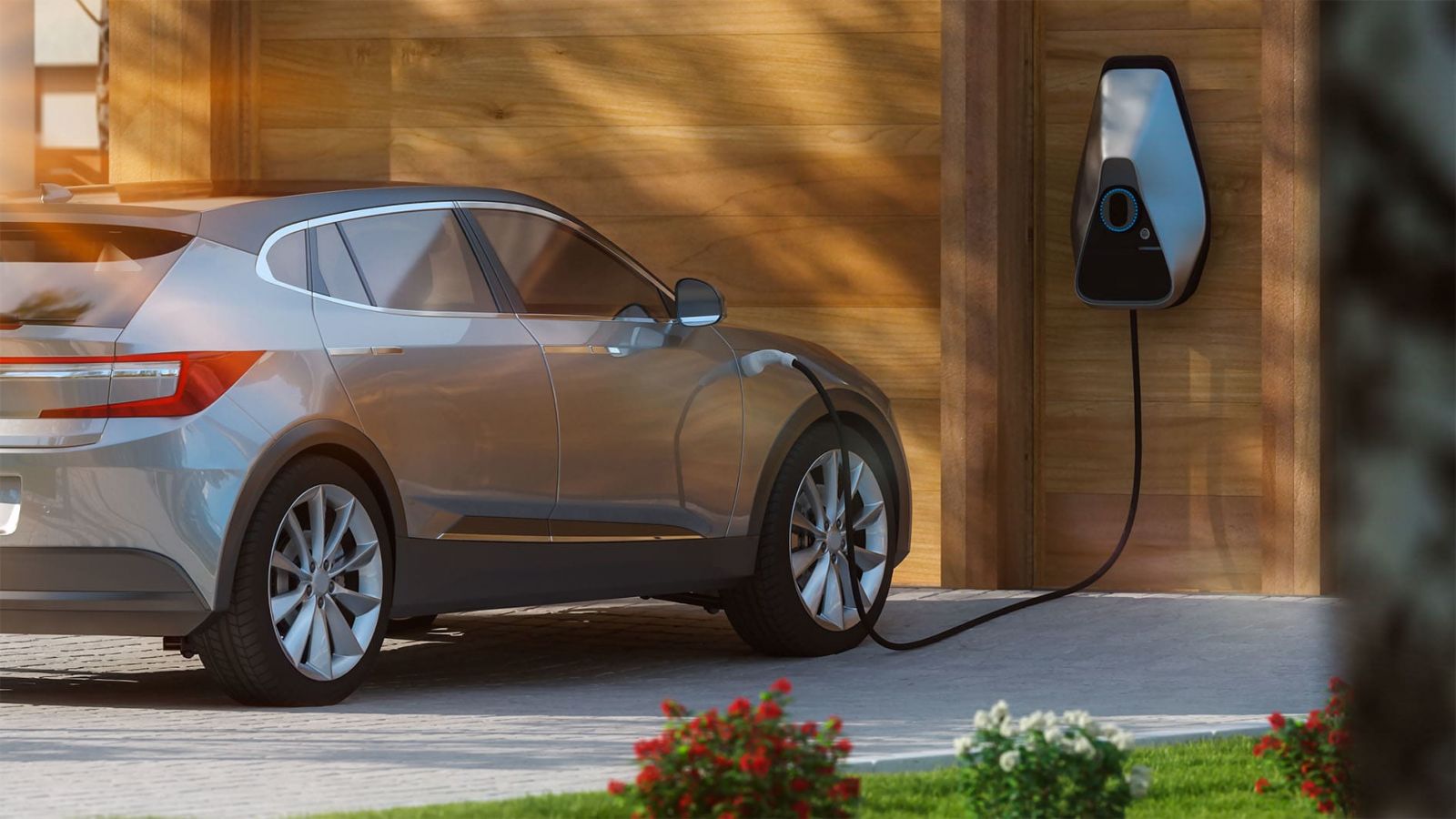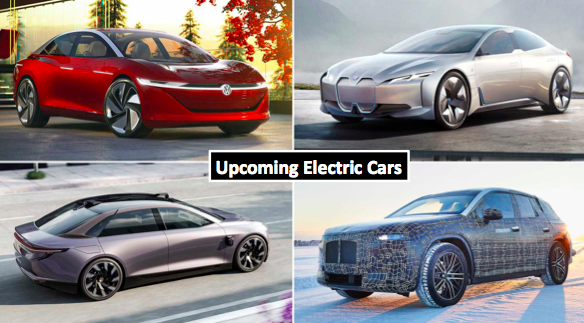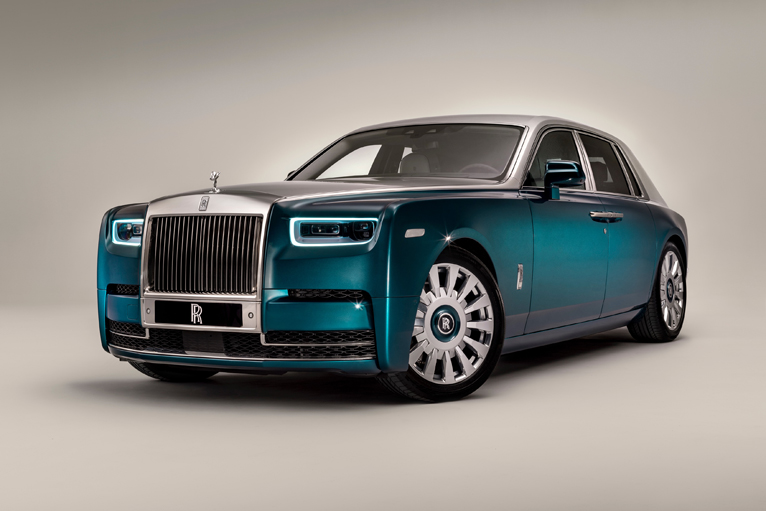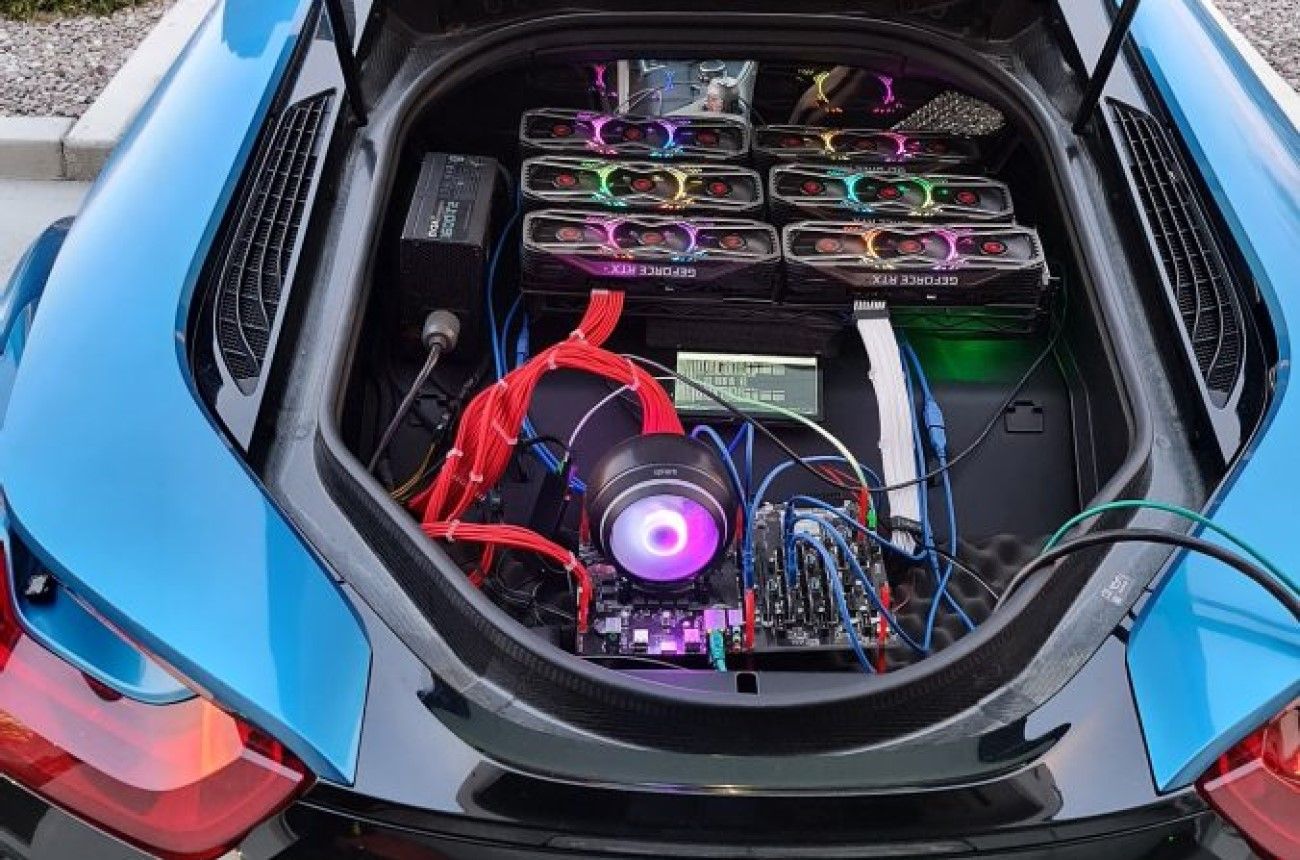Everything You Need To Know About Charging Your Electric Car (EVs) At Home

Electric cars (EVs) are bringing some of the biggest changes the auto industry has seen in years. E-cars don't emit climate damaging greenhouse gases or health-harming nitrogen oxide. They're quiet and easy to operate. Electric vehicles seem to have a lot of advantages over cars that run on gasoline or diesel. An electric car or bike can be easily “refill” at home with the use of an EV charger, just pull into your garage and plug it in. It is found that around 80 percent of all electric car charging takes place at home, which means it's important to make sure you’ve got the right technology to make plugging in as painless, quick and cost effective as possible. To make the whole process as straightforward as possible we’ve pulled together this guide that will answer all your questions on the different methods of charging.
How to charge an electric car at home
EV owners can use a standard outlet, which takes a while, or install a wall charger for a much quicker charge. All electric vehicles come with a 110-volt-compatible, or Level 1, home connector kit. It’s essentially a fancy extension cord that allows your car to be plugged into a standard outlet on one end and into the car on the other end. The former uses a standard 3-pin plug to take power from your domestic supply, plus is simple to use and extremely portable. However, with battery sizes increasing all the time these units can take over 24 hours to deliver a full charge and as a result manufacturers recommend they are only for ‘emergency use’. A better bet, especially if you’re committed to everyday EV use, is a wallbox charger. Installed on the side of your house or in a garage, it is capable of delivering faster charging times safely and reliable. It’s also easier to use and doesn’t require numerous cables running from the house.
Read More: Luxury Electric Sedan Lucid Air To Follow Tesla Into Energy Storage
How long does an electric car take to reach full charge?
The time taken for most EVs to reach full charge depends entirely on the type of charger you’re using. As a general rule, the following time estimates apply when taking a battery from empty to full:
Wall socket: 18 - 24 hours
Wall box: 4 hours
Fast chargers: 40 minutes
How much range you get per hour of charging?
As an electric vehicle driver, it’s useful to know how many miles of range you are getting during the time your vehicle is charging so you know you can get to your next destination.
· Range per hour varies depending on how efficient your car is. Small full battery electric cars (e.g. Renault Zoe) are the most efficient and get 30 miles of range per hour charging at 7kW.
· The biggest full battery electric cars (e.g. Audi e-tron Quattro) are heavier and get ~20 miles of range per hour at 7kW. (Plug-in hybrids are usually less efficient than full battery electric vehicles).
· How efficient a car is also depends on environmental factors like temperature. This means electric cars are more efficient and get slightly better range per hour in summer than they do in winter.
Cost of installing a dedicated home charger
This depends on your desired charging speed and the ‘smart’ features you want from your charger. Basic 3kW slow chargers start at around £100 or so, while you’ll need around £748 for a faster 7kW unit. ‘Smart’ units that feature wireless control via a smartphone app are anything between £450 and £1,000. On the whole the cost of fitting is included in the price, but there may be an extra charge if significant changes need to be made to your household wiring. Better still, some manufacturers are currently offering a free wall box and fitting when you purchase one of its EVs, so it’s worth looking at what offers are out there.






.png)



.jpg)





